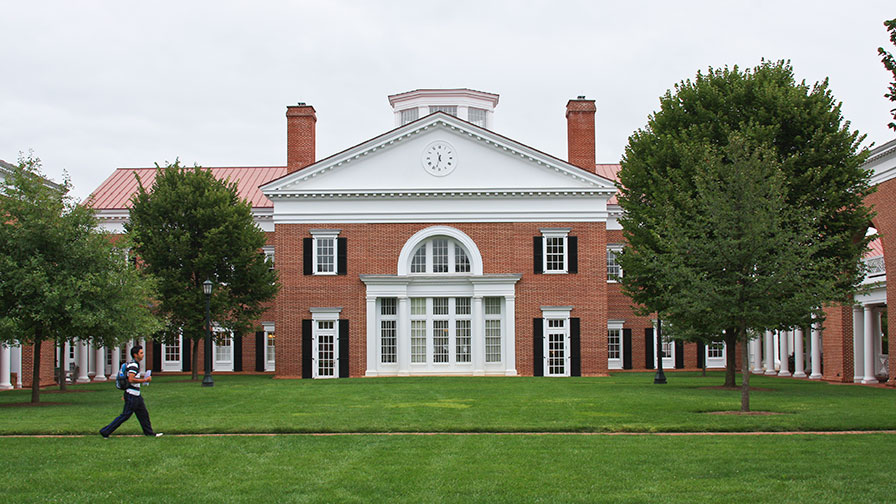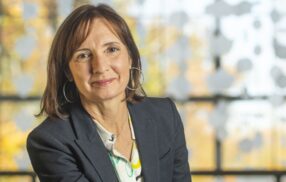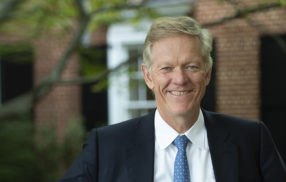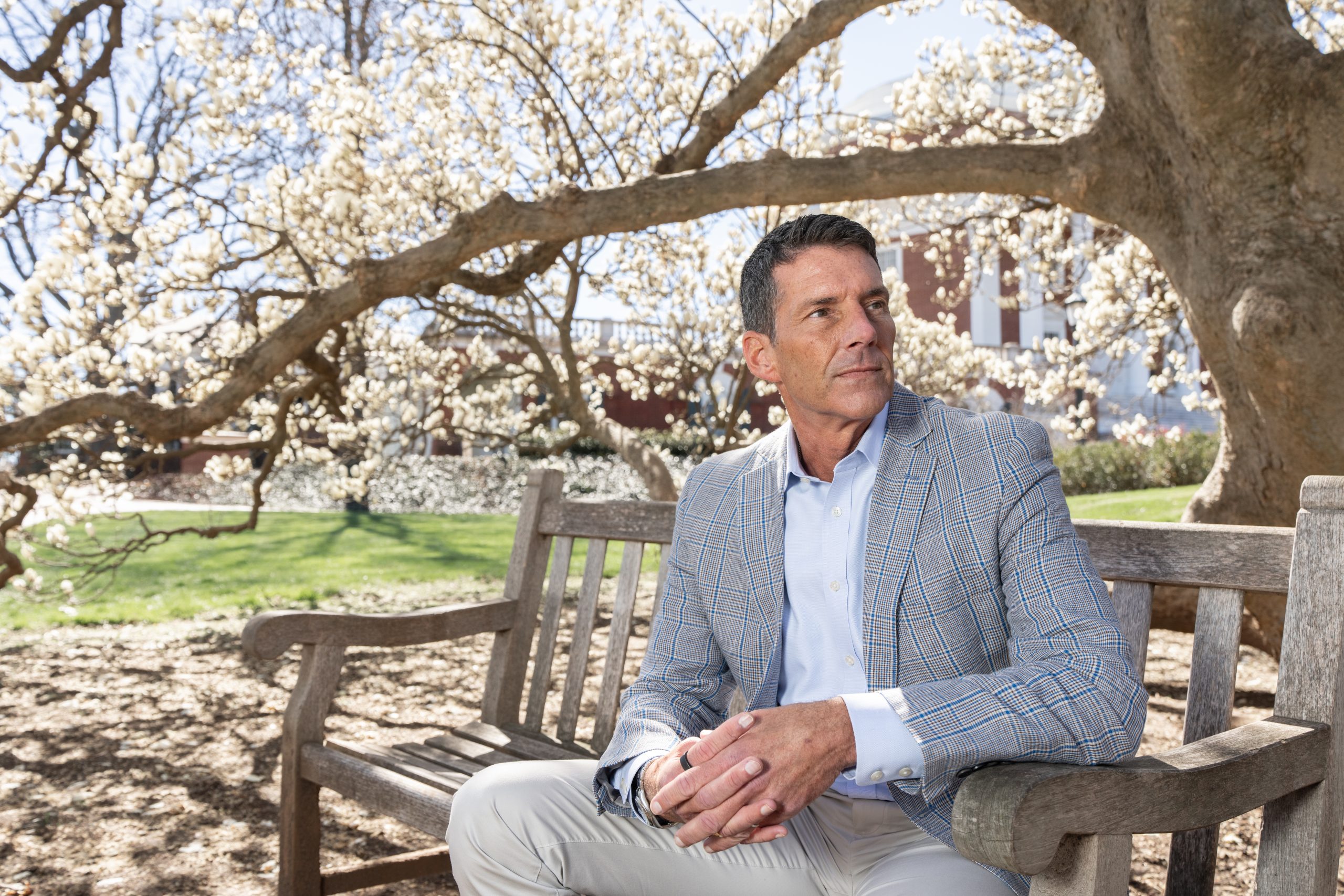
Stakeholder Theory Conference Speaks to Growing Influence of Big Ideas
In his seminal 1984 book, Strategic Management: A Stakeholder Approach, R. Edward Freeman, Elis and Signe Olsson Professor of Business Administration and academic director of the Business Roundtable Institute for Corporate Ethics at the University of Virginia Darden School of Business, identified a company’s stakeholders as all of the groups and individuals who have a stake in the success or failure of the business -meaning employees, customers, suppliers and affected communities, as well as shareholders.
In contrast to the traditional business-management focus on maximizing shareholder returns, Freeman argued, a business’ long-term performance depends on maximizing value for all its stakeholders, finding “win-win” ways to align their interests whenever possible and striving not to mistreat any important constituency.
That idea led to the creation of a whole field of stakeholder theory, complete with a biennial conference devoted to it. Institutions from around the country alternate hosting the event.
The latest conference took place this weekend at Darden.
“Darden’s longstanding leadership in business ethics made it a natural choice to host the fourth Stakeholder Conference,” said Andrew C. Wicks, Ruffin Professor of Business Administration and director of the Olsson Center for Applied Ethics at Darden. “It is important to hold a gathering of thought leaders to move the theory forward at this critical time in the global economy when many questions are being raised about the role of business and stakeholders.”
While stakeholder theory has been embraced most by the business ethics field, it has also come to influence thinking in areas from finance, accounting and marketing to health care, education, public administration, environmental policy and law, said conference participant Robert Phillips, a 1997 Darden Ph.D. graduate who is now an associate professor of management at the University of Richmond.
This year’s conference included academics from a range of disciplines, including law, economics, marketing, organizational behavior and organizational theory, and from several countries, including Germany, Switzerland and the United Kingdom.
Stakeholder theory’s impact continues to grow, Phillips said. Just as the term “stakeholder” has become common parlance, the language of stakeholders is now far more prominent in business mission statements, annual reports and press releases than it was two decades ago, said Phillips. The language used by business leaders reflects and influences their thinking and decision-making.
In part because of Freeman’s work, companies now realize that engaging with all stakeholders is crucial to long-term sustainability in the marketplace, Wicks said.
Conference presenters gave several examples of how focusing on short-term results (often in the form of stock prices) may end up harming a company in the long run.
Conference speaker Lynn Stout, a law professor at Cornell University, made that point in her new book, The Shareholder Value Myth: How Putting Shareholders First Harms Investors, Corporations, and the Public. When managers focus myopically on short-term earnings, she said, they end up shortchanging investment and innovation and ultimately harm employees, customers and communities.
Thanks in part to new approaches from different disciplines that are further bolstering stakeholder theory, stakeholder theory is changing how academia and society think about business, said Freeman.
For additional insights listen to Shawn Berman, senior fellow in Darden’s Olsson Center for Applied Ethics, and his thoughts on the conference as well as his latest research.
The University of Virginia Darden School of Business prepares responsible global leaders through unparalleled transformational learning experiences. Darden’s graduate degree programs (MBA, MSBA and Ph.D.) and Executive Education & Lifelong Learning programs offered by the Darden School Foundation set the stage for a lifetime of career advancement and impact. Darden’s top-ranked faculty, renowned for teaching excellence, inspires and shapes modern business leadership worldwide through research, thought leadership and business publishing. Darden has Grounds in Charlottesville, Virginia, and the Washington, D.C., area and a global community that includes 18,000 alumni in 90 countries. Darden was established in 1955 at the University of Virginia, a top public university founded by Thomas Jefferson in 1819 in Charlottesville, Virginia.
Press Contact
Molly Mitchell
Associate Director of Content Marketing and Social Media
Darden School of Business
University of Virginia
MitchellM@darden.virginia.edu





